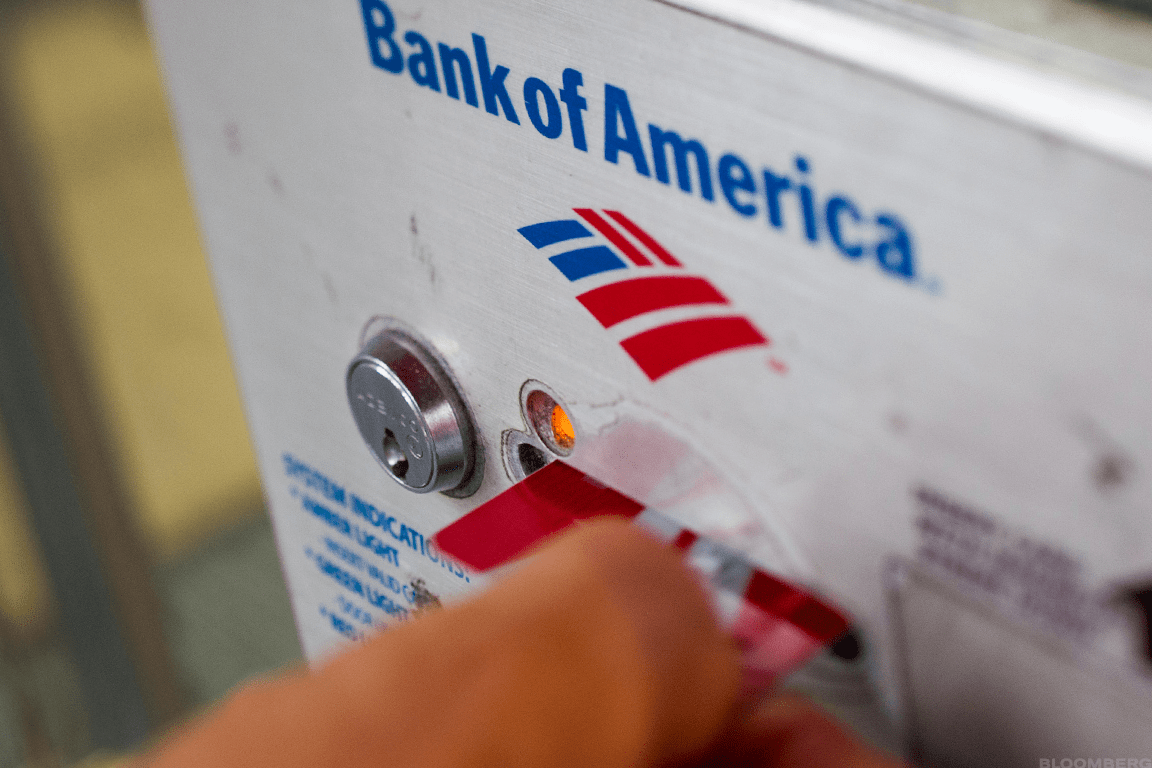
Bank of America (BAC) CEO Brian Moynihan wants shareholders to know that the country's second largest bank by total asset is completely committed to the cause of capitalism, no matter how much it invests in ESG.
"I've sometimes been surprised to be asked - including at Congressional hearings - 'Are you a capitalist?'" Moynihan recalled in the bank's annual report this week.
DON'T MISS: Bank of America Thinks Social Media Subs Could Rake in $1.7 Billion
"You might also find the question unusual. Of course, I answered, 'Yes.'"
Environmental, social and governance concerns have become a hot button issue as right-leaning interests have dubbed ESG investments anti-capitalist.
There is currently a lawsuit filed by 25 Republican state attorneys general seeking to block the U.S. Labor Department's Prudence and Loyalty in Selecting Plan Investments and Exercising Shareholder Rights rule that came into effect earlier this year.
The rule allows money managers to consider ESG risks in their environmental decisions. The lawsuit claims that the new rule "undermines key protections for retirement savings of 152 million workers—approximately two-thirds of the U.S. adult population and totaling $12 trillion in assets1 —in the name of promoting environmental, social, and governance (“ESG”) factors in investing, including the Biden Administration’s stated desire to address climate change."
For it's part, Bank of America does release annual report on its ESG related activities.
The bank says that it does so because "we believe it is important that stakeholders — including our clients, teammates, communities and shareholders — understand how we manage ESG issues and have better insight into how we are living our values and delivering on our purpose to drive responsible growth."
Politicians in Florida and Texas, among other places, have seized on the anti-ESG idea as a way to boost their popularity. They've moved to bar state and local governments from doing business with banks that consider environmental, social and governance issues in their decisions.
However, critics have noted that this forces the states and their local governments to pay millions more in interest rates on bonds they issue. That's because virtually all major underwriters consider ESG in their decisions, and baring them shrinks the pool of potential underwriters, reducing competition.







